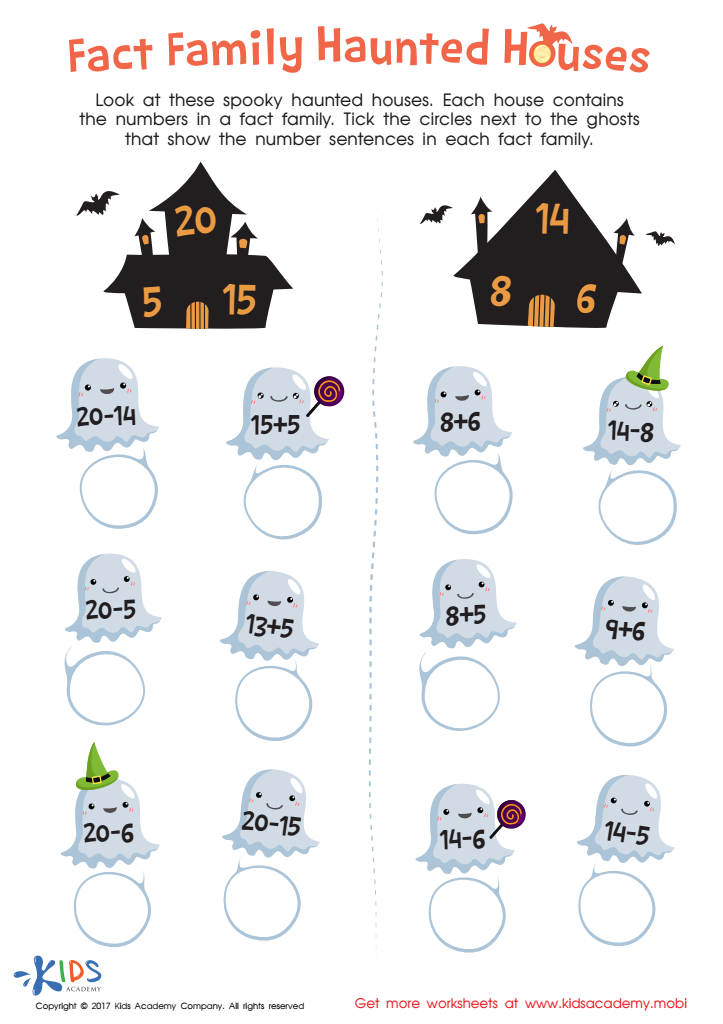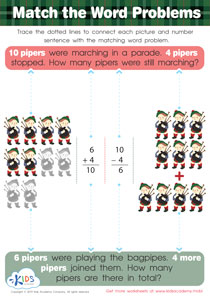Normal Addition Worksheets for Ages 6-8 - Page 3
68 filtered results
-
From - To
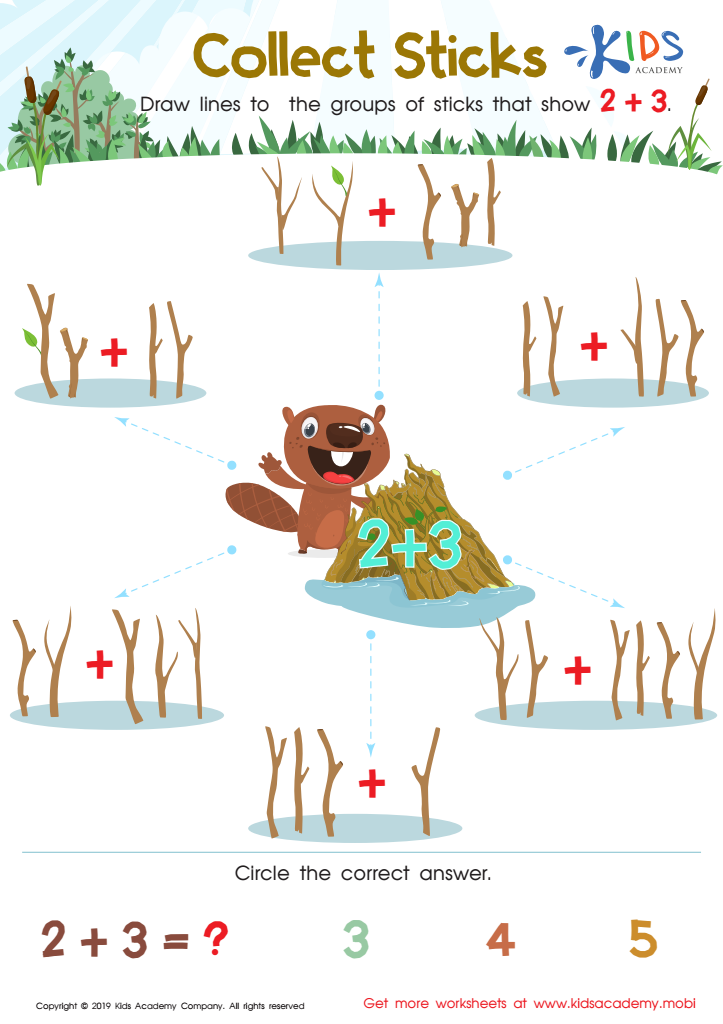

Collect Sticks Worksheet
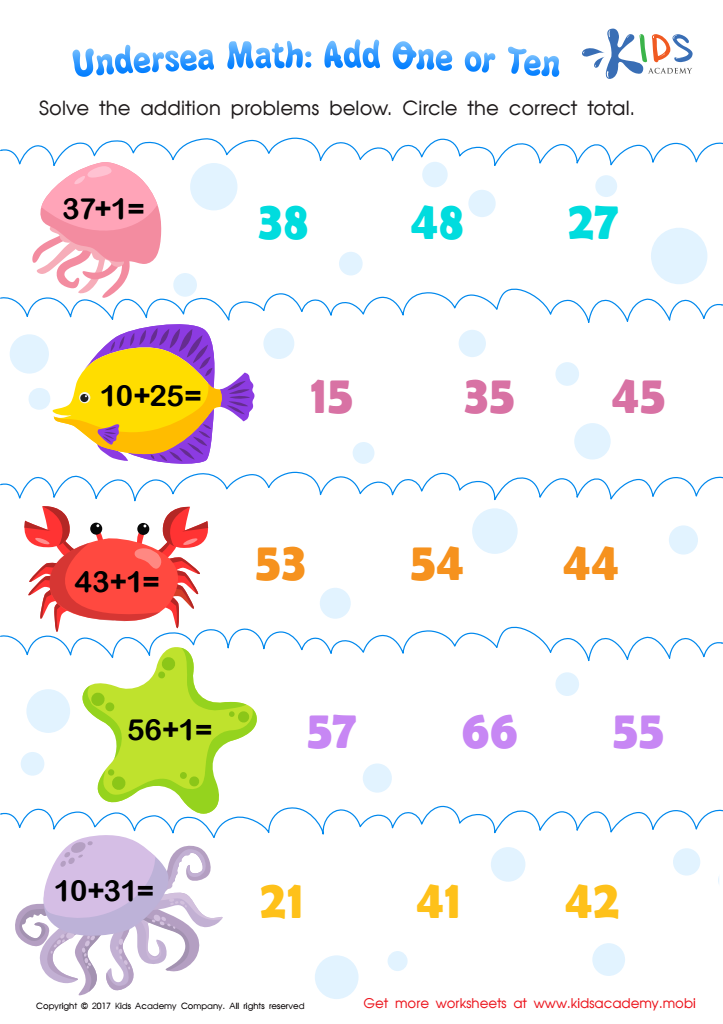

Undersea Math Worksheet


Addition and Subtraction: Word Problems Worksheet
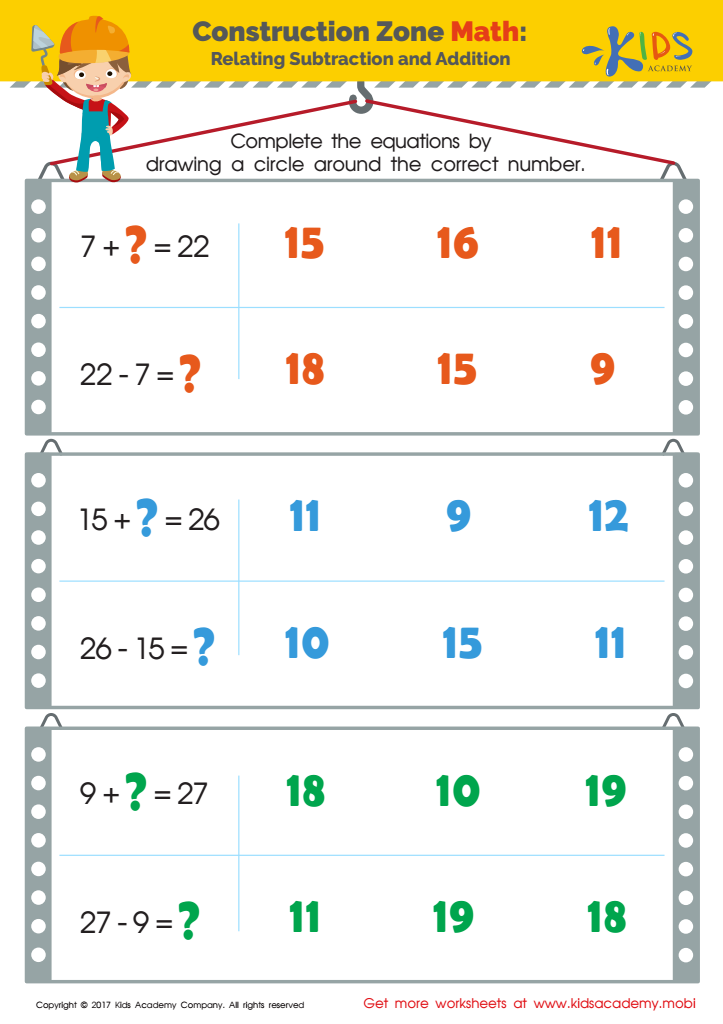

Related Addition and Subtraction Facts Worksheet
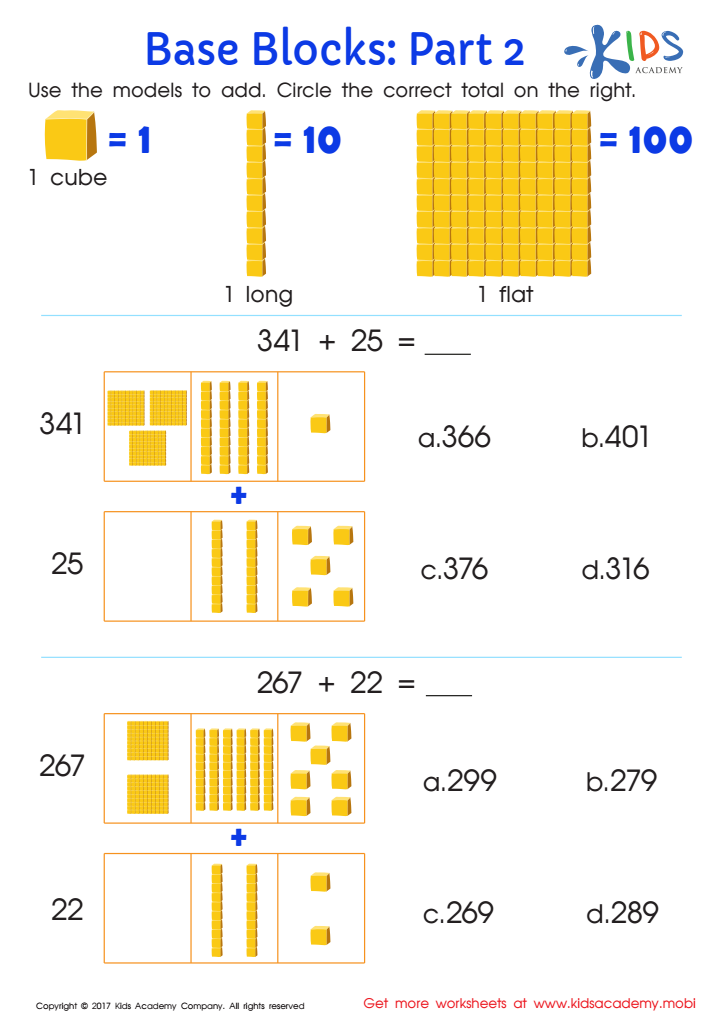

Base Ten Blocks Worksheet: Part 2
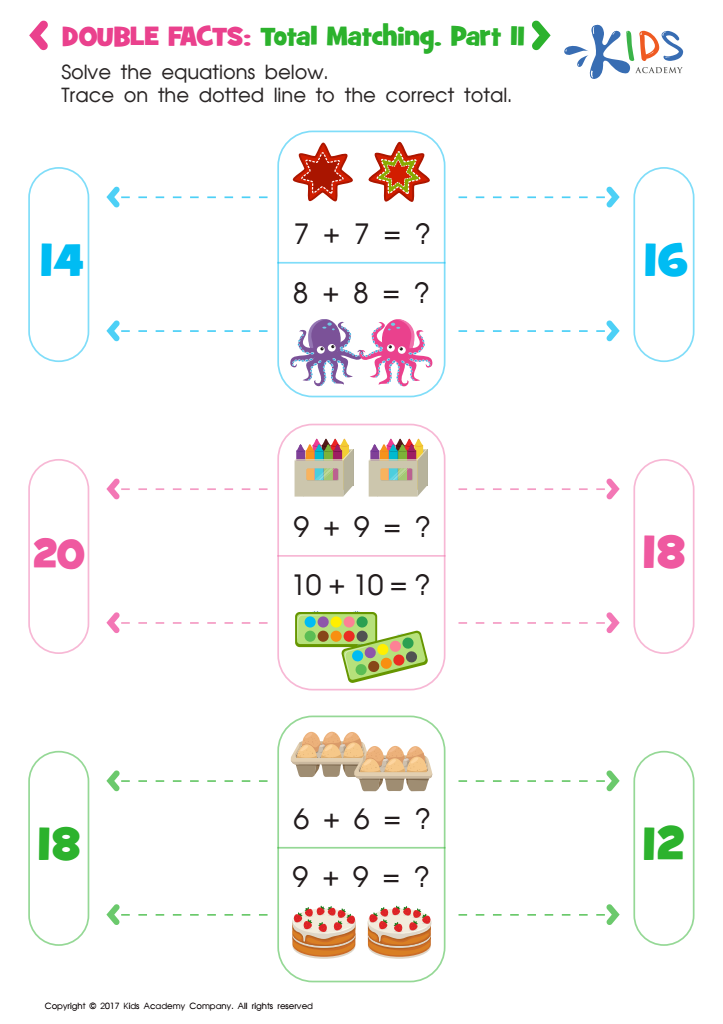

Double Facts: Total Matching 2 Worksheet
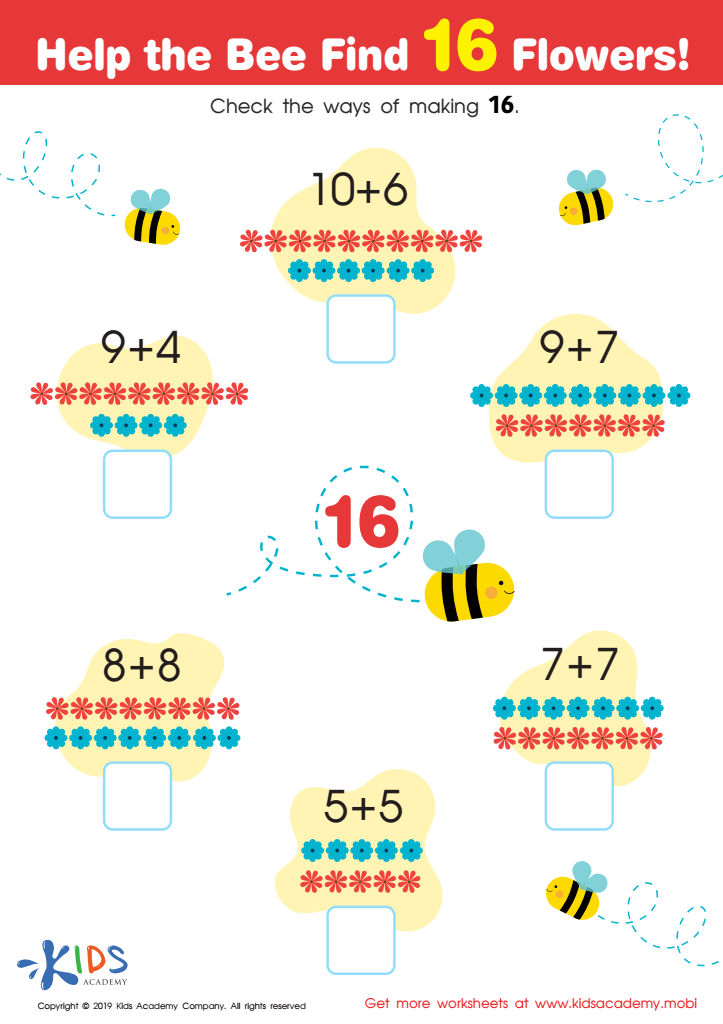

Help the Bee Find 16 Flowers Worksheet
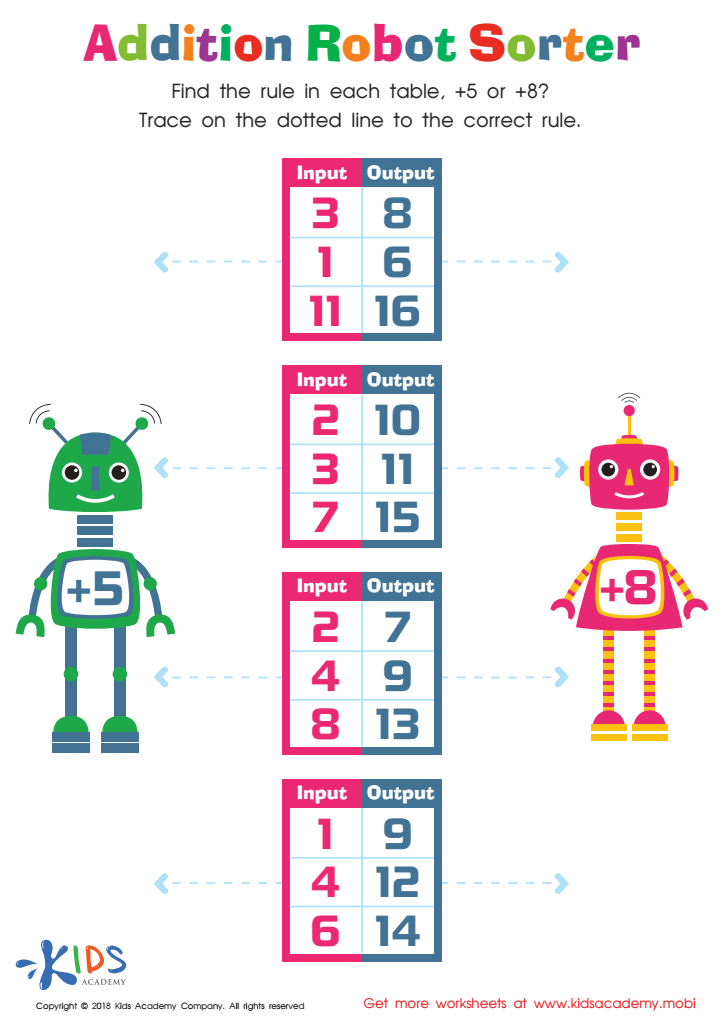

Addition Robot Sorter Worksheet
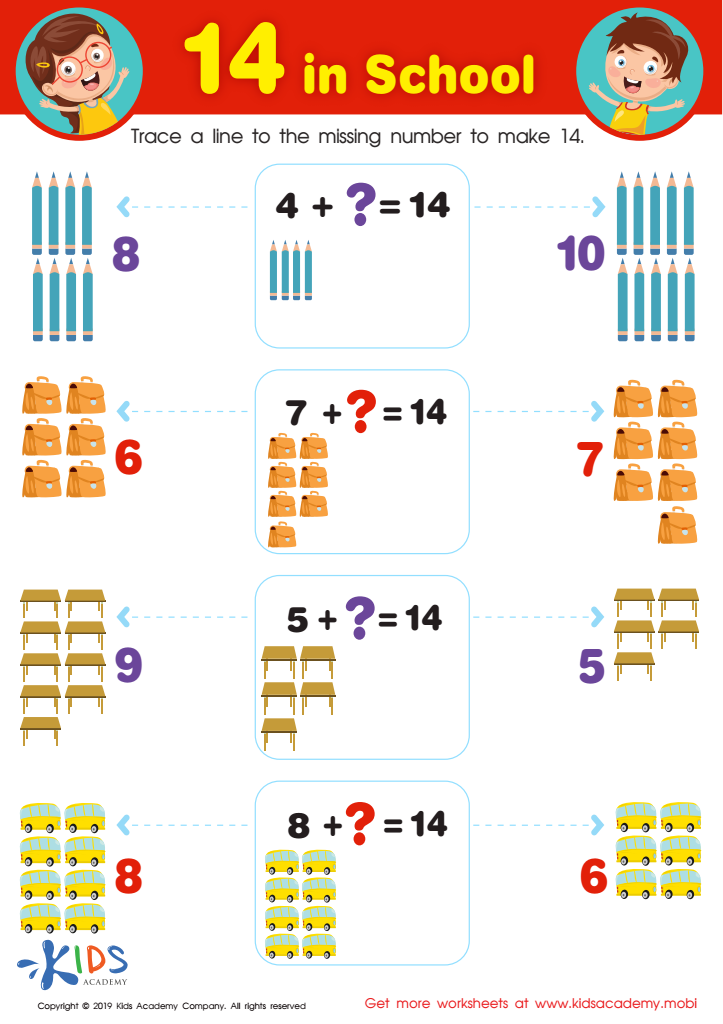

14 in School Worksheet
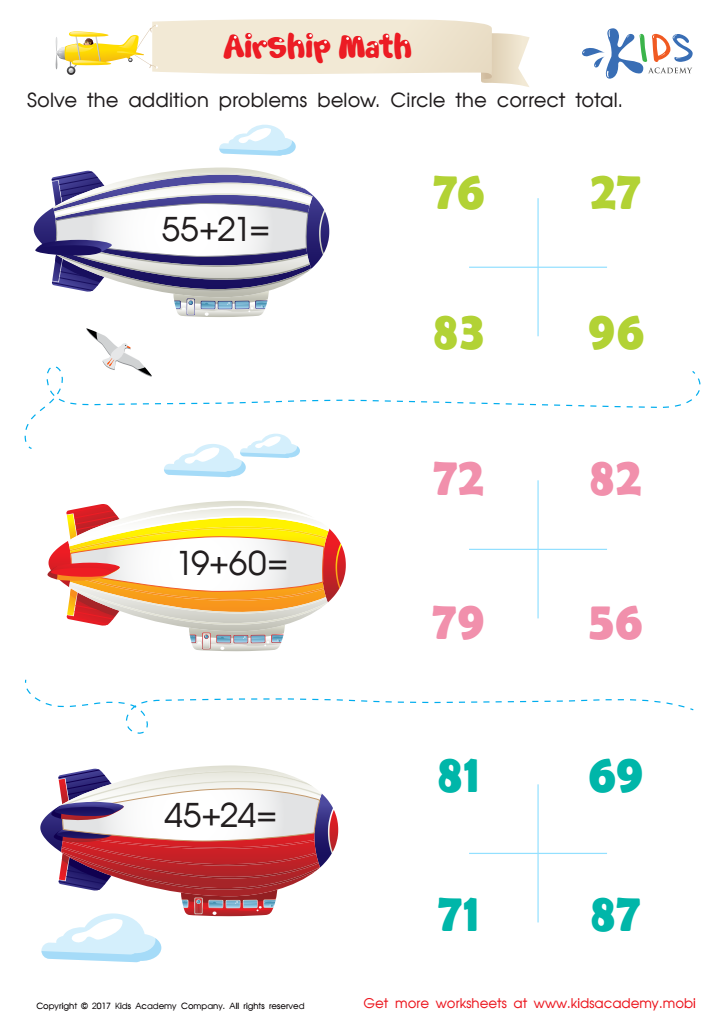

Airship Math Addition Printable
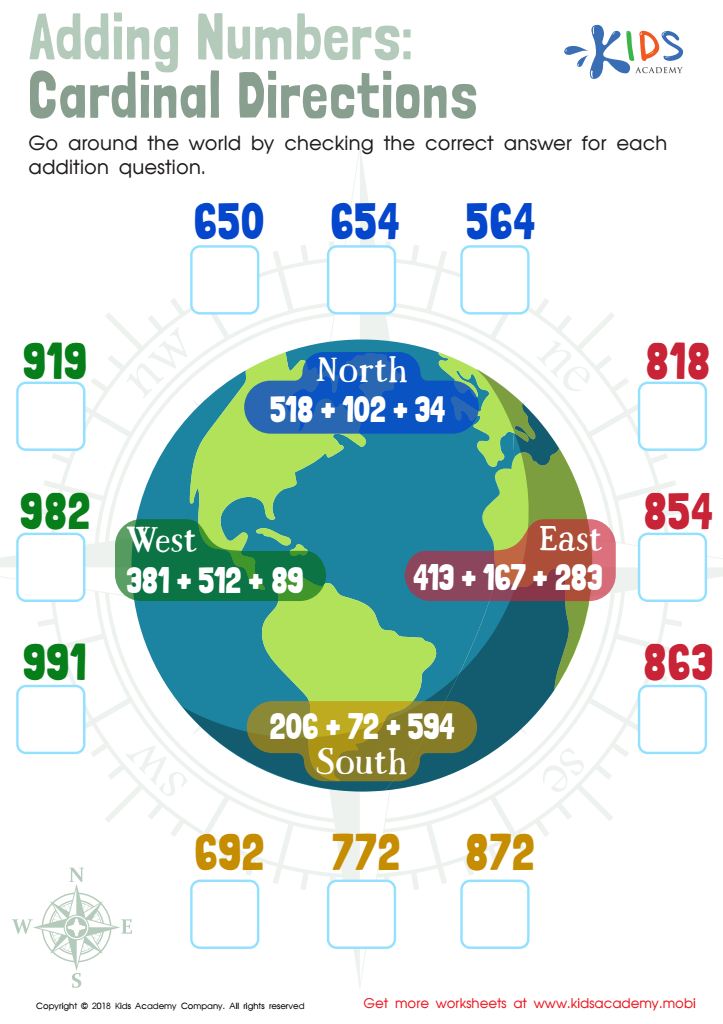

Adding Numbers: Cardinal Directions Worksheet
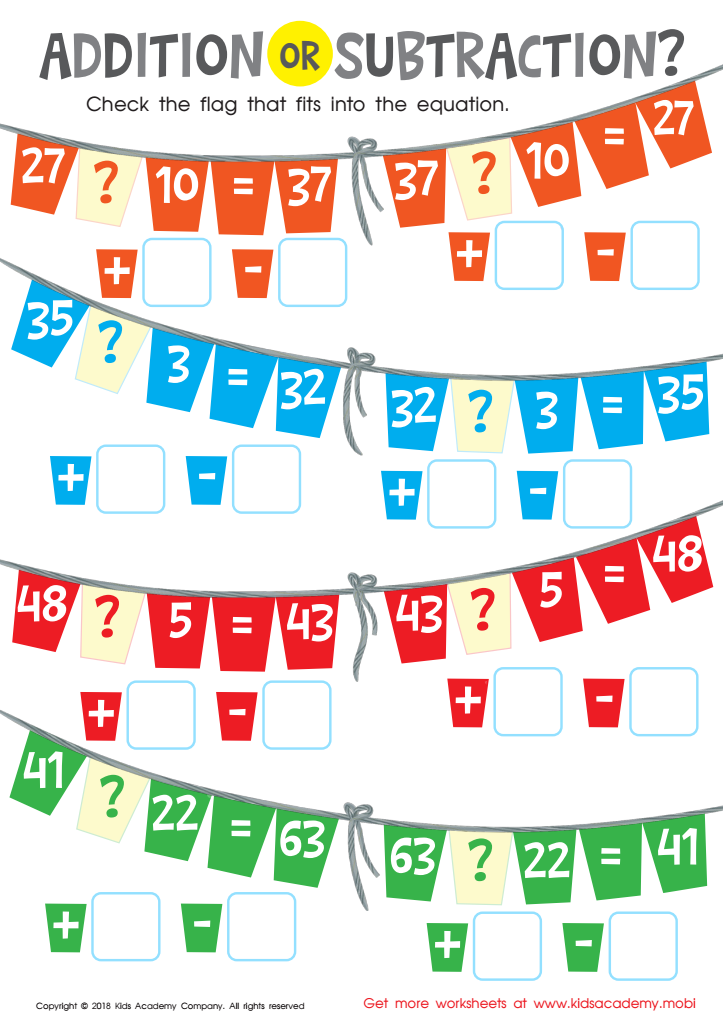

Addition or Subtraction? Worksheet
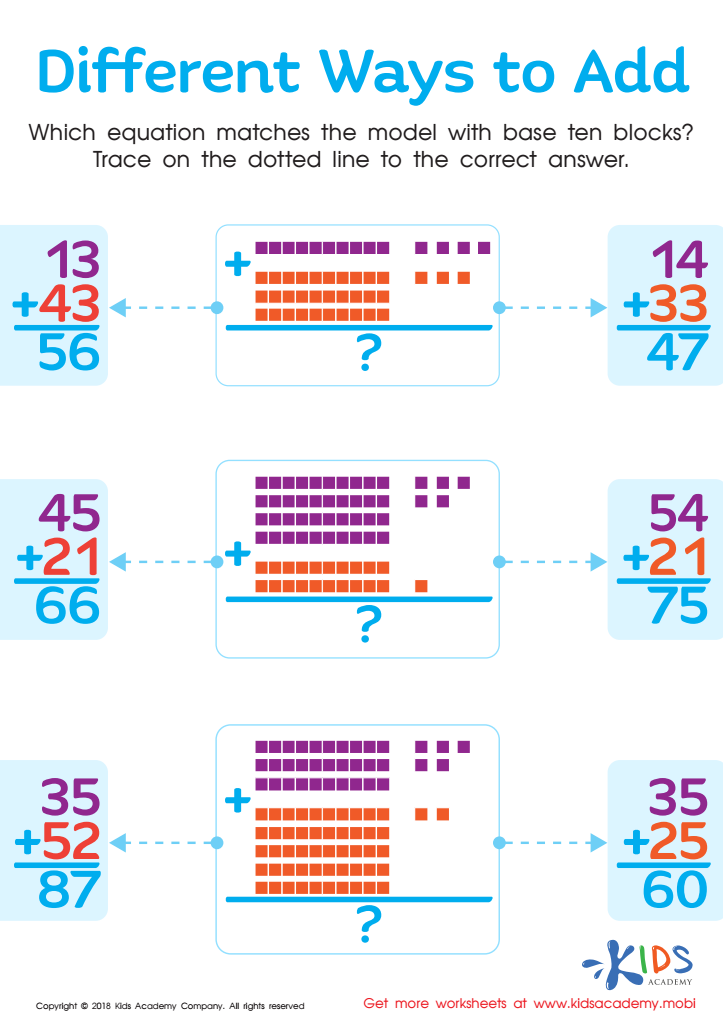

Different Ways to Add Worksheet
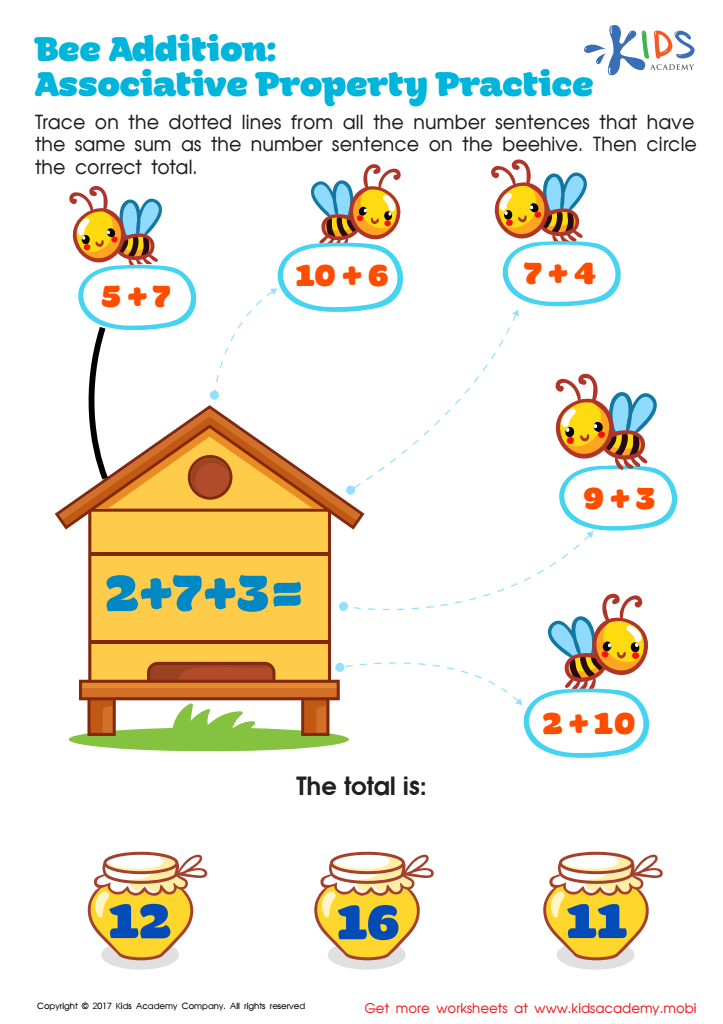

Bee Addition: Associative Property Practice Worksheet
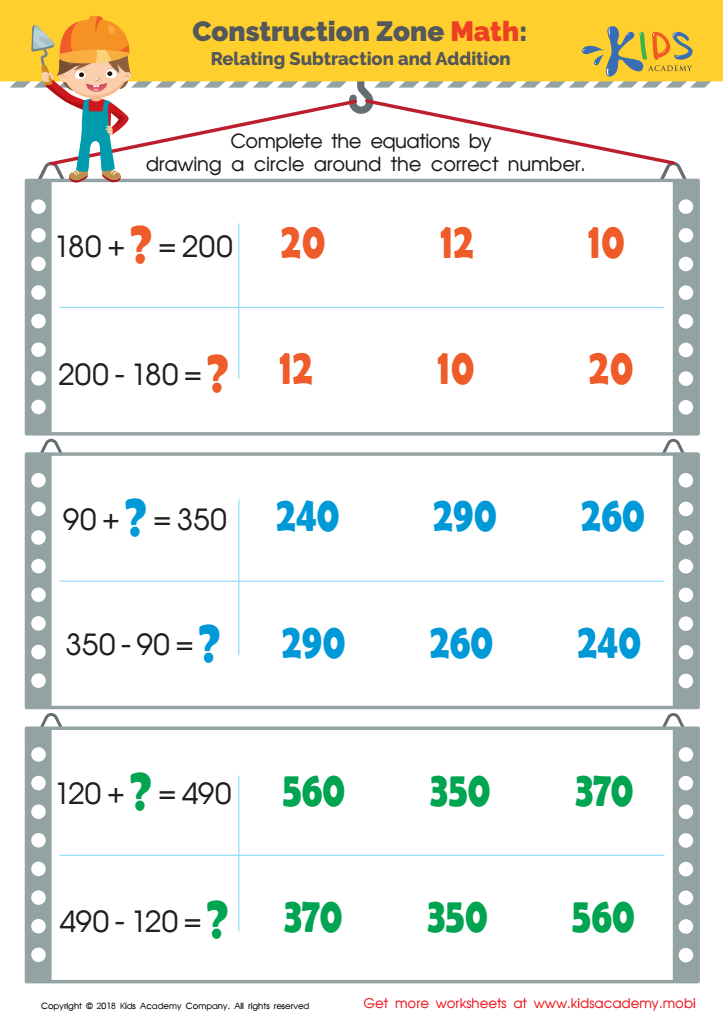

Construction Zone Math: Relating Subtraction and Addition Worksheet
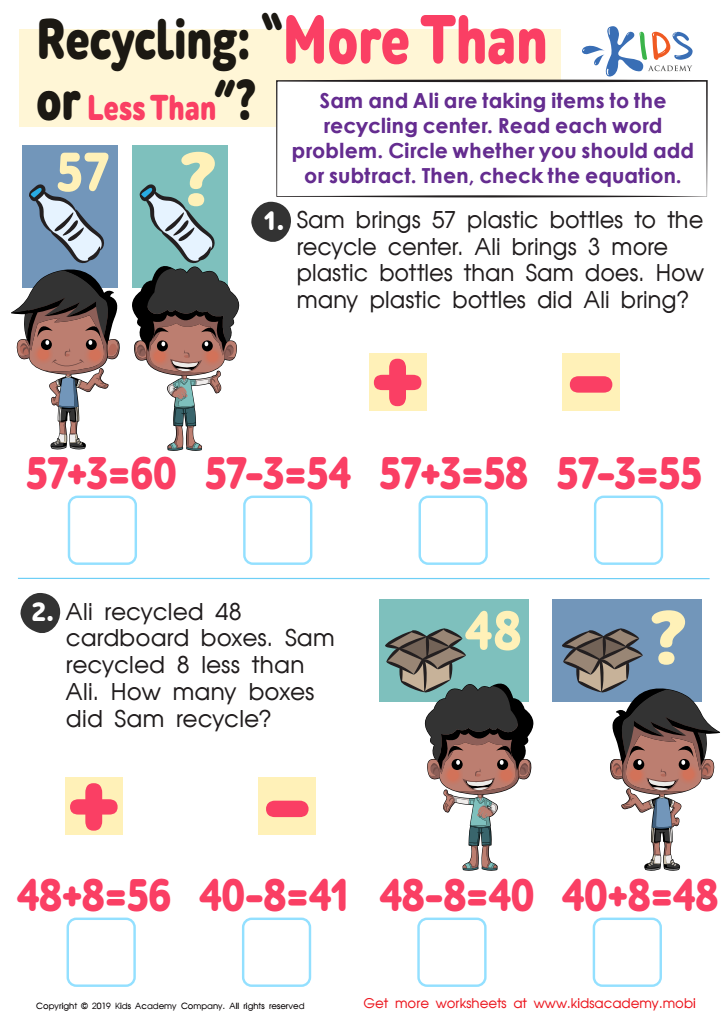

Recycling - More or Less Worksheet
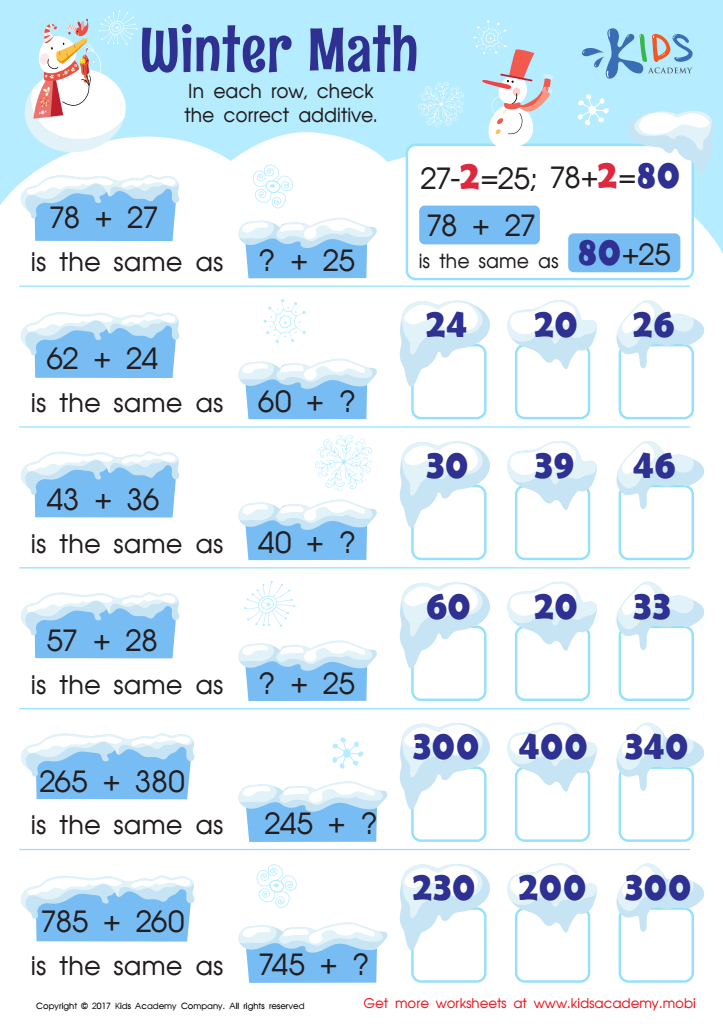

Free Addition Worksheet
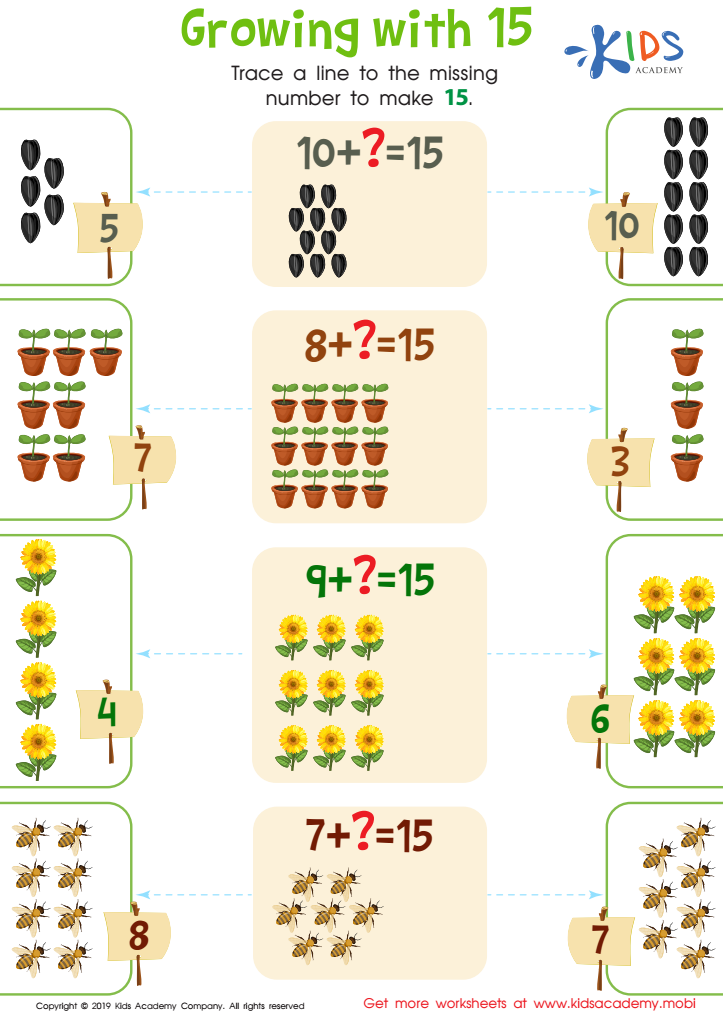

Growing with 15 Worksheet
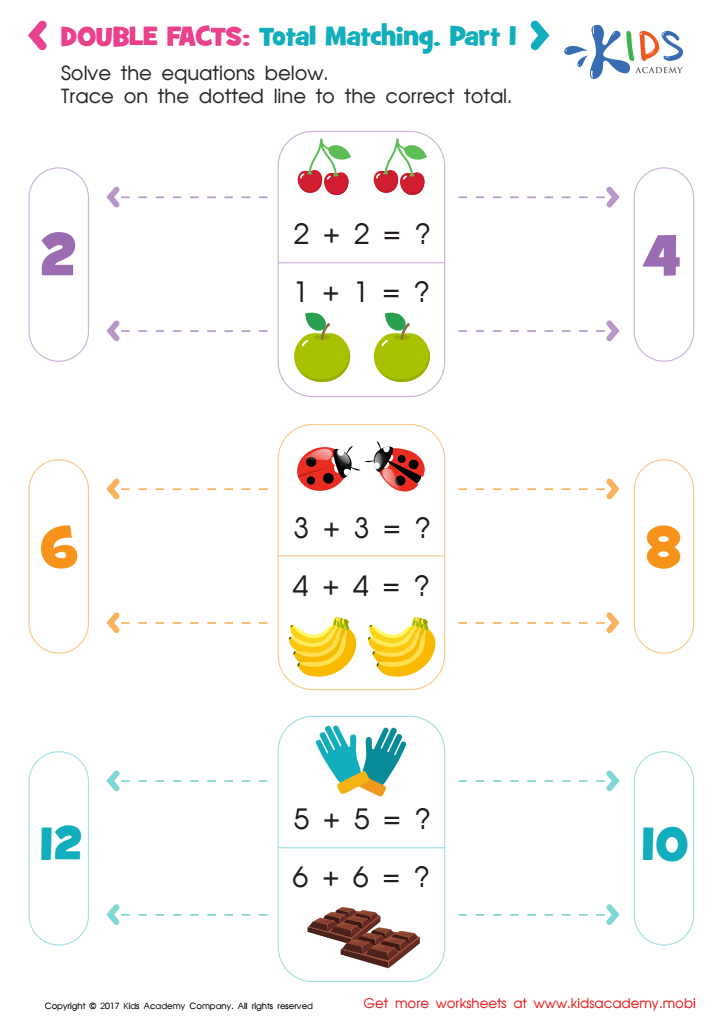

Double Facts: Total Matching Worksheet: Part 1
Parents and teachers should prioritize understanding normal addition for children ages 6-8 because it serves as a fundamental building block for mathematical proficiency. During this developmental stage, children are transitioning from concrete to more abstract thinking. Mastery of basic addition equips them with the essential skills to solve complex problems later in their academic journeys.
Furthermore, familiarity with normal addition enhances cognitive development. It promotes critical thinking, fosters problem-solving abilities, and encourages logical reasoning. Parents and educators play a crucial role in providing a supportive environment that facilitates daily practice, fostering a growth mindset and reducing anxiety around math.
Additionally, normal addition serves as the gateway to other mathematical concepts such as subtraction, multiplication, and even fractions. If children struggle at this foundational level, they may experience challenges with more advanced topics, perpetuating a cycle of difficulty and anxiety.
Engaging children in fun and interactive activities related to normal addition can encourage a positive attitude towards mathematics. Ultimately, creating a strong foundation in math not only supports academic achievement but also empowers children with confidence and perseverance in facing future challenges. Therefore, emphasizing normal addition sets kids on a path toward lifelong mathematical understanding and success.

 Assign to My Students
Assign to My Students
